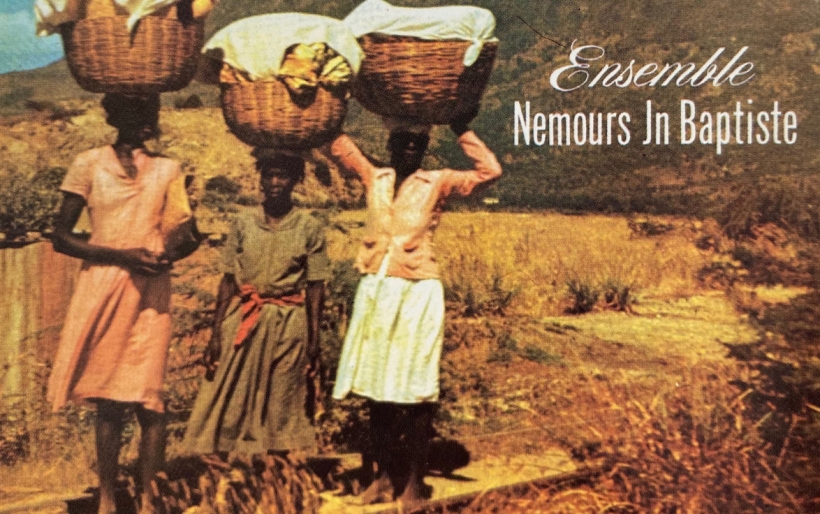Today, these cultural conversations amongst the communities from the Caribbean and countries in Africa continue to birth new genres, such as Kizomba, a wildly popular, relatively new music genre created as a result of Cape Verdeans’ exposure to Zouk, and marrying the genre with the traditional Cape Verdean Coladera style. Interestingly enough, some of the most popular Kizomba tunes are made right in Boston, which is home to a large Cape Verdean immigrant community. Boston also happens to be home to one of the largest Haitian communities in the United States, and it is not uncommon to find Konpa artists playing on popular Kizomba instrumentals. In cities where various immigrant strongholds hailing from Africa and the Caribbean are finding community with each other, like in New York, Miami, Paris, Montreal, etc, we are finding these new dance sounds with the same basic rhythm akin to Konpa and Zouk.
Zouk and Kizomba, unlike Konpa, have been able to gain a mass appeal around the world because of their creators’ keen insight into commercialization. “The producers that are doing Zouk, Kizomba, Afropop,” Rouzier furthers, “they operate differently than the producers of Konpa. Traditionally, the shortest Konpa song is about 6-7 minutes, and they’re not very radio-friendly. Whereas zouk has made it more simple and made it easier for people unaccustomed to this type of sound to accept it.”
Listen to a Konpa playlist companion here.
Since its inception, Konpa has seen many phases and iterations, influenced by popular genres of the region, new sounds from the United States, and Haiti’s socio-political circumstances. Rouzier explained, “Konpa has been influenced by every single musical change that has occurred worldwide. Konpa has been influenced by the Yé-Yé French pop music, by the Beatles, by the funk era in the U.S., by disco, and by hip hop in the 90’s up until today. It is not immune to outside influences.”
Today, the Haitian diaspora can be found all over the world. Political circumstances which affect Haitians’ quality of life have pushed many Haitians out of the country to other parts of the world in search of a better life. The political climate of Haiti in the last 10 years has seen the unprecedented plummeting of the cost of the Haitian Gourde, an untenable rise in gang violence, and a general climate of insecurity that has made life so dispensable. The recent assassination of the former Haitian president is a symptom of an ongoing crisis and did not occur in a vacuum. It comes as no surprise that in the midst of this, Haitians have fled Haiti in peak numbers in the last decade, this time the trends of immigration have led them to places such as Brazil, Chile, Mexico, and other countries of South America. And as Haitians have always done historically, Rouzier deeply believes, the music that will come from these new Haitian immigrant communities and the painful stories of their voyages to these South American countries will birth new forms of Konpa with them. Because after all, Konpa is and always has been a conversation.
